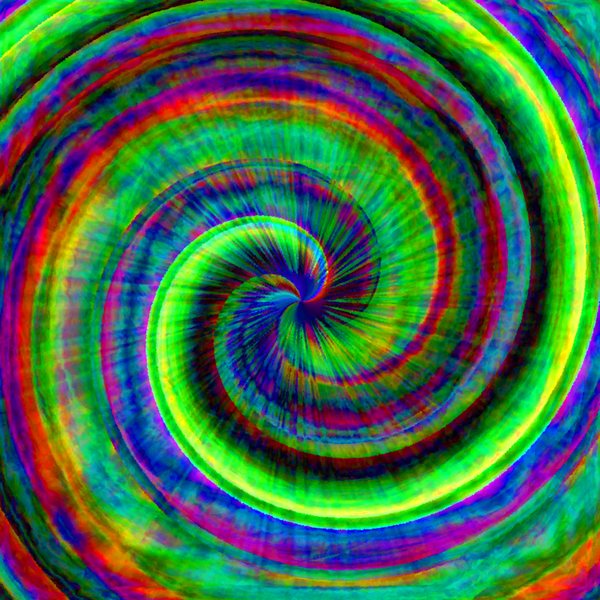This article was published in Scientific American’s former blog network and reflects the views of the author, not necessarily those of Scientific American
Tripping in LSD’s Birthplace: A Story for ‘Bicycle Day’.
DMT is in your head, but it may be too weird for psychedelic renaissance.
As Psychedelic Revival Rolls On, Down Downplay Bad Trips.
On supporting science journalism
If you're enjoying this article, consider supporting our award-winning journalism by subscribing. By purchasing a subscription you are helping to ensure the future of impactful stories about the discoveries and ideas shaping our world today.
Does Psychedelic Therapy Exploit the Placebo Effect?
Doubts about psychedelics from Albert Hofmann, LSD’s discoverer.
My Lunch with Psychedelic Chemist Sasha Shulgin.
What Should We Do With Our Visions of Heaven—and Hell?
Was Psychedelic Guru Terence McKenna Goofing About 2012 Prophecy?
If religion is a side effect of sex, does that mean God doesn't exist?
